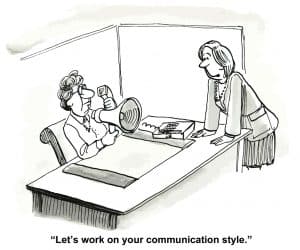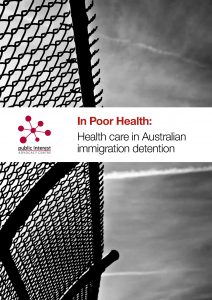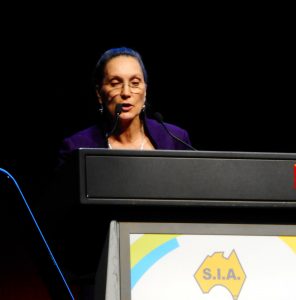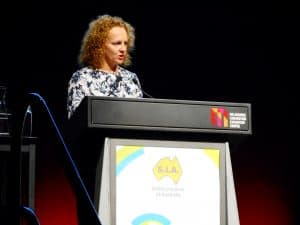 A SafetyAtWorkBlog reader emailed me this question:
A SafetyAtWorkBlog reader emailed me this question:
“does a loss of shift due to fatigue equal a Lost Time Injury?”
My standard response is “why not?”
This type of LTI (Lost Time Injury) issue is one that will become increasingly common as the occupational health and safety (OHS) prominence of wellness and work-related psychological health and safety Continue reading “Does a loss of shift due to fatigue = a Lost Time Injury?”

 It is important to note that “
It is important to note that “
 On June 5 2018,
On June 5 2018, 
 Throwing chocolates to delegates, audience participation, push-ups, book giveaways, hand-eye coordination exercises – not the usual elements of the opening keynote speaker of a safety conference. Day 2 of the Safety Institute of Australia’s
Throwing chocolates to delegates, audience participation, push-ups, book giveaways, hand-eye coordination exercises – not the usual elements of the opening keynote speaker of a safety conference. Day 2 of the Safety Institute of Australia’s 